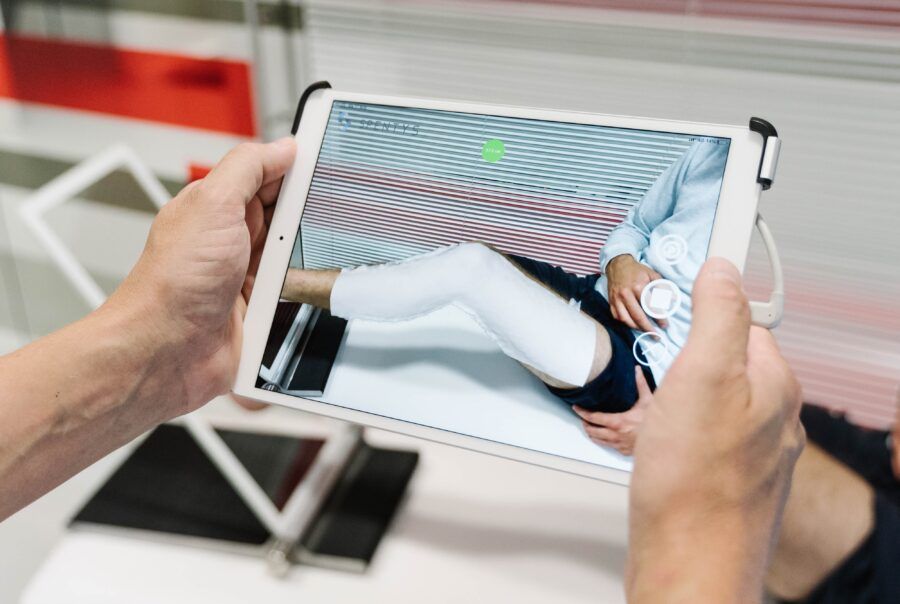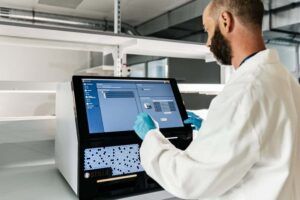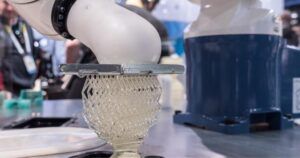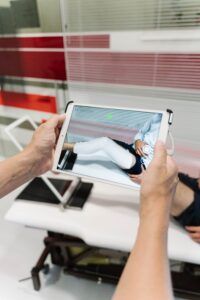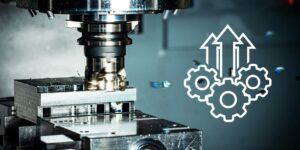Four centuries ago, during China’s Qing Dynasty, an intriguing contraption emerged, which could be regarded as one of history’s earliest wearables: a miniature abacus delicately positioned on a ring, aiding traders in their calculations. In today’s world, the realm of wearables and, more importantly, medical devices, has undergone a remarkable transformation, largely propelled by printed electronics and innovations like IME (In Mold Electronics). These innovations are ushering in a new era, imbuing these devices with heightened intelligence, enhanced functionality, and aesthetic allure.
Enterprises such as IDELT are at the forefront of this transformation, harnessing IME technology to fashion cutting-edge plastic components that are innovative, functional, and of significant added value. Their work yields an array of results, including backlit interfaces, integrated screens, touch-sensitive panels, sturdy and secure components, among many other features. What sets IDELT apart is their ability to seamlessly blend these functionalities with bespoke designs tailored to meet a diverse range of aesthetic requirements.
Plastronics: Creating Fully Functional Components
IME technology, also known as plastronics, revolves around the integration of fully functional electronic circuits into plastic, resulting in components that not only perform admirably but also possess an aesthetic appeal that commands attention. This technology capitalizes on traditional plastic molding processes, such as injection molding, to produce lightweight, functional, and visually pleasing components.
Over the past few years, this integration process has seen considerable refinement, driven by a singular objective: to create increasingly sophisticated plastic components capable of meeting the exacting demands of one of the most demanding industrial sectors – Medicine. The outcome is the development of capacitive sensors and integrated sliders within plastic materials, forming functional surfaces that facilitate seamless interaction between humans and machines.
The Advantages of IME in Medicine
This process confers several notable advantages upon manufacturers of medical devices. Firstly, it enables the production of remarkably lightweight and compact components. By seamlessly integrating electronic circuits into the plastic matrix, the manufacturing process gains efficiency, yielding components that are more pliable and manageable. Furthermore, the harmonious integration of two previously distinct processes – In-Mold-Decoration and electronics – results in cost efficiencies, streamlining component manufacturing and expediting the overall production process.
One of the standout features of plastronics lies in its capacity to embed sensors directly into components, endowing them with full functionality and advanced capabilities. This eliminates the need for conventional buttons and complex layering seen in traditional components, replacing them with streamlined, integrated features on functional surfaces.
This technology is ideally suited for the production of state-of-the-art healthcare instrument panels, replete with touch controls, dynamic lighting, and tailored aesthetics that align seamlessly with manufacturers’ specifications. Moreover, IDELT’s production process adheres meticulously to both national and international safety standards governing medical devices.
The Application of IME at IDELT
The process commences with screen printing, featuring a customized design. Subsequently, circuits, sensors, and conductive traces are meticulously applied through printing techniques. Following this, a 3D thermoforming process is employed on the printed films. They are then placed within injection molds, and resin is expertly applied to complete the integration of plastic and electronic components. These thermoformed pieces are further enhanced by the addition of supplementary elements on their covers, including connectors and LEDs.
IDELT’s wealth of expertise has positioned them as trusted collaborators with some of the foremost manufacturers of medical devices, including Stilla, BioRad, Grifols and Bexen Cardio, among numerous others. This track record has firmly established IDELT as a leading player in the realm of component manufacturing for the medical sector.

